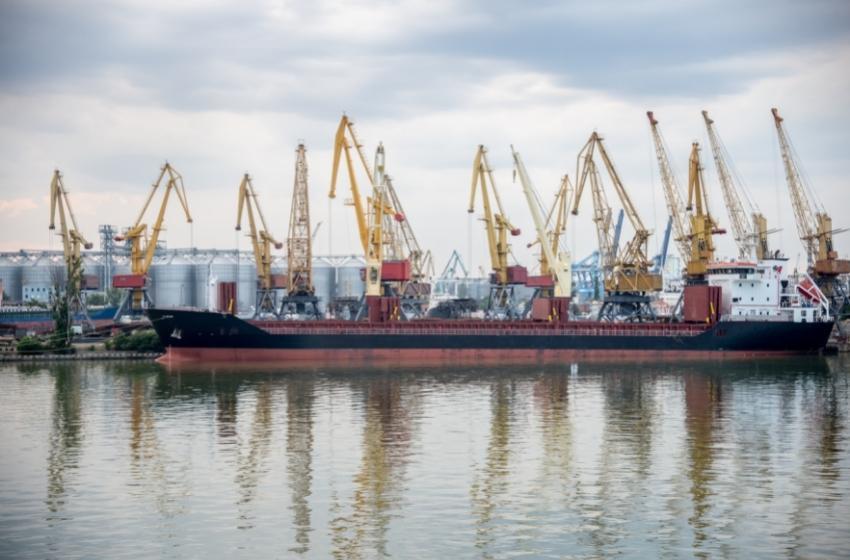Lithuania proposes to create a naval coalition to lift the Russian blockade on Ukrainian grain exports across the Black Sea. Lithuanian Foreign Minister Gabrielius Landsbergis stated this during talks with British counterpart Liz Truss on May 23, writes "European Pravda" with reference to The Guardian.
The Lithuanian official noted that there is very little time left for the export of Ukrainian grain and the best way is to export by sea from the port of Odessa.
"It is not possible to store this grain, and there is no other adequate alternative. It is extremely important to show vulnerable countries that we are ready to take the necessary measures to feed the world," added Gabrielius Landsbergis.

He suggested that a non-NATO naval escort operation could protect grain ships from crossing the Black Sea and past Russian warships. In addition to Britain, countries suffering from potential grain losses could provide the necessary protection, such as Egypt.
Lithuania's plan calls for demining parts of the Black Sea to ensure safe passage and an agreement with Turkey, which guards the entrance to the waters.
"It will be a non-military humanitarian mission, and it cannot be compared to a no-fly zone. This initiative will use warships or planes, or both, to ensure that grain supplies can safely leave Odessa and reach the Bosphorus without Russian intervention. We will need a coalition of volunteers - countries with significant naval power to protect waterways and countries that suffer from it," the minister explained.
According to him, NATO should not play any role in this operation as an alliance.

After the meeting, Liz Truss said Britain would like British naval ships to join the escort if practical issues can be resolved, including demining and providing Ukraine with longer-range weapons to protect the harbor from Russian attack.
Britain is discussing the plan with its allies, and US approval is likely to be needed to activate it.





















